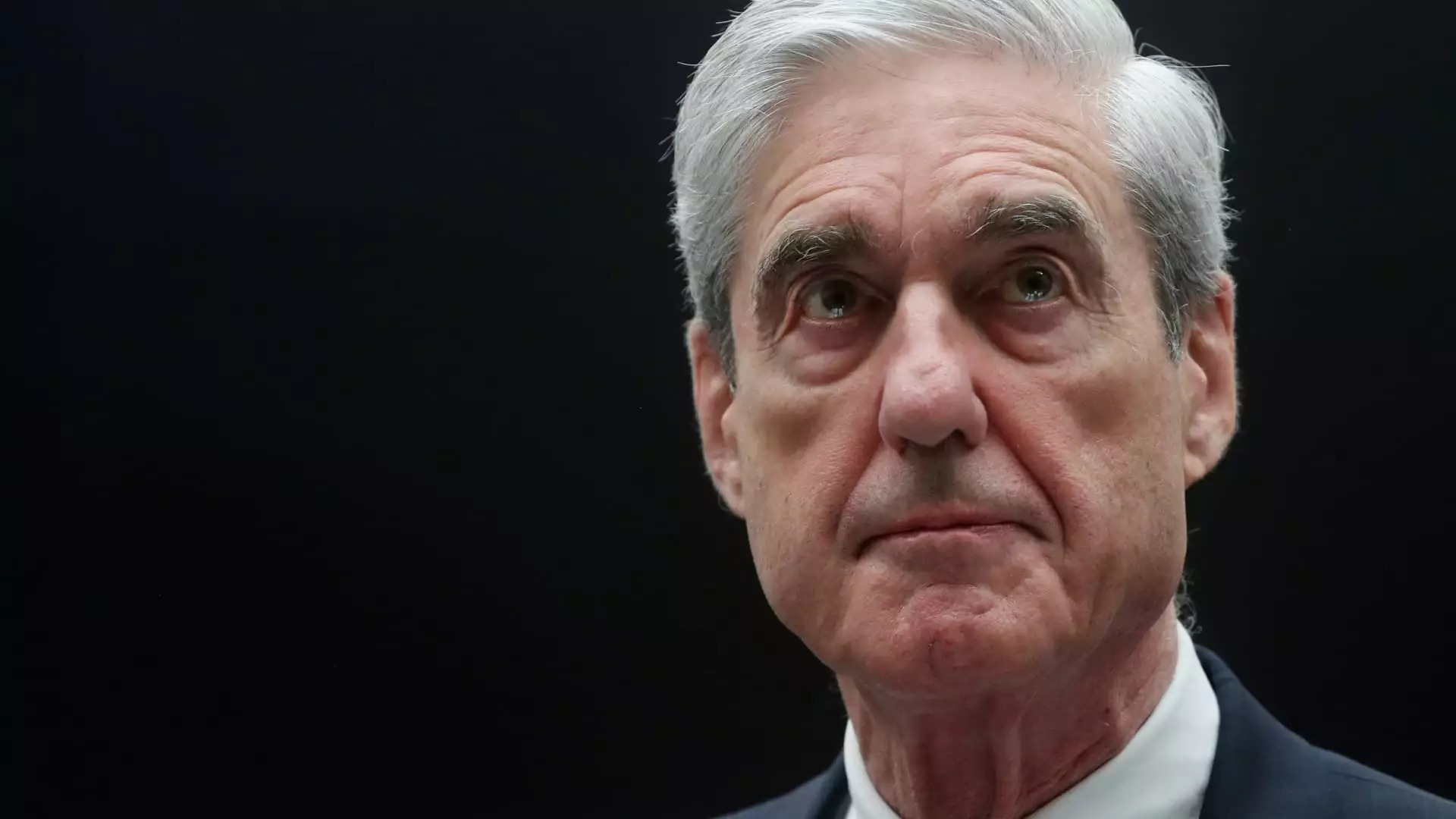In a stunning turn of events, Peter Carr, a long-serving spokesperson for the Department of Justice (DOJ), has been unexpectedly dismissed. Carr, known for his steadfast communication during the tumultuous Mueller and Smith investigations into former President Donald Trump, was let go by Deputy Attorney General Todd Blanche. This incident raises serious concerns about the political maneuverings at play within the DOJ and the implications for institutional integrity. The dismissal hints at a broader pattern within the Justice Department that suggests growing polarization and an alarming trend of politicizing impartial institutions.
The shockwaves from Carr’s firing extend beyond his personal career. He had long been a figure of stability and professionalism, serving the DOJ since 2007, and his exit signals a troubling trajectory for a body meant to uphold the rule of law without succumbing to external political pressures. With rumors swirling about the future of the DOJ under the influence of pro-Trump officials, one can’t help but question whether the attorney general’s office can still function independently or if it has become an extension of partisan interests.
Blanche’s Controversial Background
Deputy Attorney General Todd Blanche’s history raises eyebrows. His previous legal representation of Donald Trump during his criminal proceedings inevitably creates a perception of conflict of interest. By dismissing Carr—a key spokesperson for investigations that scrutinized Trump’s actions—Blanche may set a worrying precedent for politicization within the DOJ. Many assert that the integrity of legal institutions is under siege when individuals linked to partisan figures assume leadership roles.
Carr’s civil service not only included his role during Robert Mueller’s investigation into Russian interference in the 2016 election but also his role in informing the public about Jack Smith’s subsequent inquiries surrounding Trump’s actions post-2020. The shift in narrative surrounding Carr’s dismissal demonstrates a chilling effect on those in the DOJ who seek to operate with a sense of independence and impartiality. The underlying question remains: Who will ultimately bear responsibility for attempts to shape the Justice Department into a political tool, and at what cost?
Politics Over Justice
For many, Carr’s termination is more than just a personnel change; it symbolizes a larger issue: the diminishing boundaries between justice and politics. The DOJ’s role has always been to apply the law consistently, devoid of partisan influence. The firing is reminiscent of a broader trend where appointed officials focus not on the rule of law but on catering to political allies. Such an environment drives public trust toward dangerous lows, as citizens question the legitimacy of actions taken by institutions that should function impartially.
Moreover, Carr’s historical connection to the Mueller probe, which arguably exposed a plethora of unethical practices during Trump’s presidency, becomes an easy target for those looking to reshape the narrative to fit a political agenda. With Blanche stepping into Carr’s role, people now must wonder whether the DOJ is prepared to uphold its obligations or is it merely spiraling into the theater of political battles, further impeding any hope for accountability for past indiscretions?
The Aftermath and the Rising Concerns
This dismissal, occurring amidst ongoing investigations against Trump by Smith, amplifies concerns about the potential implications for forthcoming legal proceedings against the former president. Already, we have seen a rift grow within legal communities regarding how investigations have been treated when the subject is a former president. Ultimately, the political ramifications could deter any serious legal consequences for Trump, pointing toward a troubling new norm where political influence overshadows accountability.
As the DOJ navigates these troubled waters, the trajectory it takes will resonate beyond immediate personnel dynamics. Carr’s firing could embolden those in positions of power who seek to undermine the foundational principles that should guide our judicial system. It becomes increasingly essential for citizens to demand greater transparency from institutions that, at their core, are designed to uphold justice without fear or favor.
While this moment marks a significant inflection point for the DOJ, it also serves as a critical reminder of the importance of vigilance against the erosion of our democratic institutions. With each passing decision that appears influenced by political motives, the foundation that guarantees justice for all grows shakier, creating a volatile environment ripe for abuse.


Leave a Reply